The Munich Digitalization Center [Münchener Digitalisierungs Zentrum] provides access, free of charge, to more than three million works, most of which date from the years before 1920. Thus, when I find myself in the market for German writings printed more than a century ago, I often begin my searches in the catalog of that collection.
A search on the word ‘Truppenführung’ in this dragon’s hoard of books and periodicals uncovered some curious patterns. For one thing, a quarter century passed between the debut of the word (in a register of regulations issued by Austrian authorities in 1801) and its next appearance in print (in 1825, in a book about a general officer in the service of the Kingdom of Württemberg, Friedrich Wilhelm von Bismarck). For another, while ‘Truppenführung’ appeared in print some 463 times between 1825 and 1869, it did not find a place in the title of a book until 1870.1
Between 1870 and 1878, German publishers put out eleven books with ‘Truppenführung’ in their titles.2 Of these, six were installments in a series of book of tactical problems and two were parts of a two-tome set called Lessons Drawn from the Employment of Formations as a Preschool for the Art of Truppenführung.3 To put things another way, in the course of nine years, five German authors, all of whom were serving officers of the Prussian Army, wrote substantial works with titles that featured the word ‘Truppenführung’.
These works proved popular with the reading public. Indeed, if the frequency of fresh editions is any guide, all but one remained in print for three decades or so. One of the authors, Georg Cardinal von Widdern, expanded his monotome study into a three-volume Handbook for Truppenführung and Staff Work.4 (One of the volumes of the larger work dealt with the workings of the staff of a field army, the other with operational reconnaissance, and the third with the cooperation of the various arms on the field of battle.)
The one exception to this rule, Intelligence and Morality as the Basis for Modern Unit Training and Modern Truppen-Führung, differs from the others in two important ways. First, it is also the one work in the group that uses Truppen-Führung to mean the leadership of a company or battalion (rather than a division, army corps, or field army). Second, where the other works abound in concrete examples, maps, and orders of battle, Intelligence and Morality deals chiefly in platitudes, to the point where it reads like the transcript of a TED Talk.5
For Further Reading:
To Share, Subscribe, or Support:
The figure of 463 appearances of the word ‘Truppenführung’ between 1825 and 1869 may include a small number of duplicates.
The count of books with ‘Truppenführung’ in their titles that were published between 1870 and 1878 excludes reprints.
Julius von Verdy du Vernois Studien über Truppenführung (Berlin: E.S. Mittler, 1870-1873) and Wilhelm von Scherff Die Lehre von der Truppenverwendung als Vorschule für die Kunst der Truppenführung (Berlin: Bath, 1876-1877)
Georg Cardinal von Widdern Handbuch für Truppenführung und Stabsdienst (Gera: Reisewitz, 1884)
Leo Tellenbach Intelligenz und Moral als Grundlagen moderner Truppen-Ausbildung und moderner Truppen-Führung (Berlin: R. von Decker, 1871)


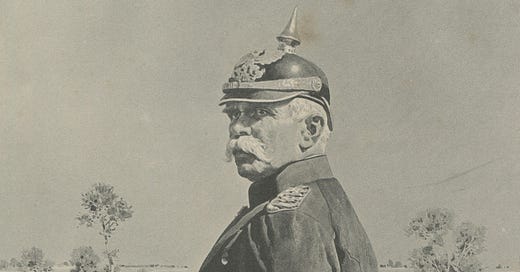



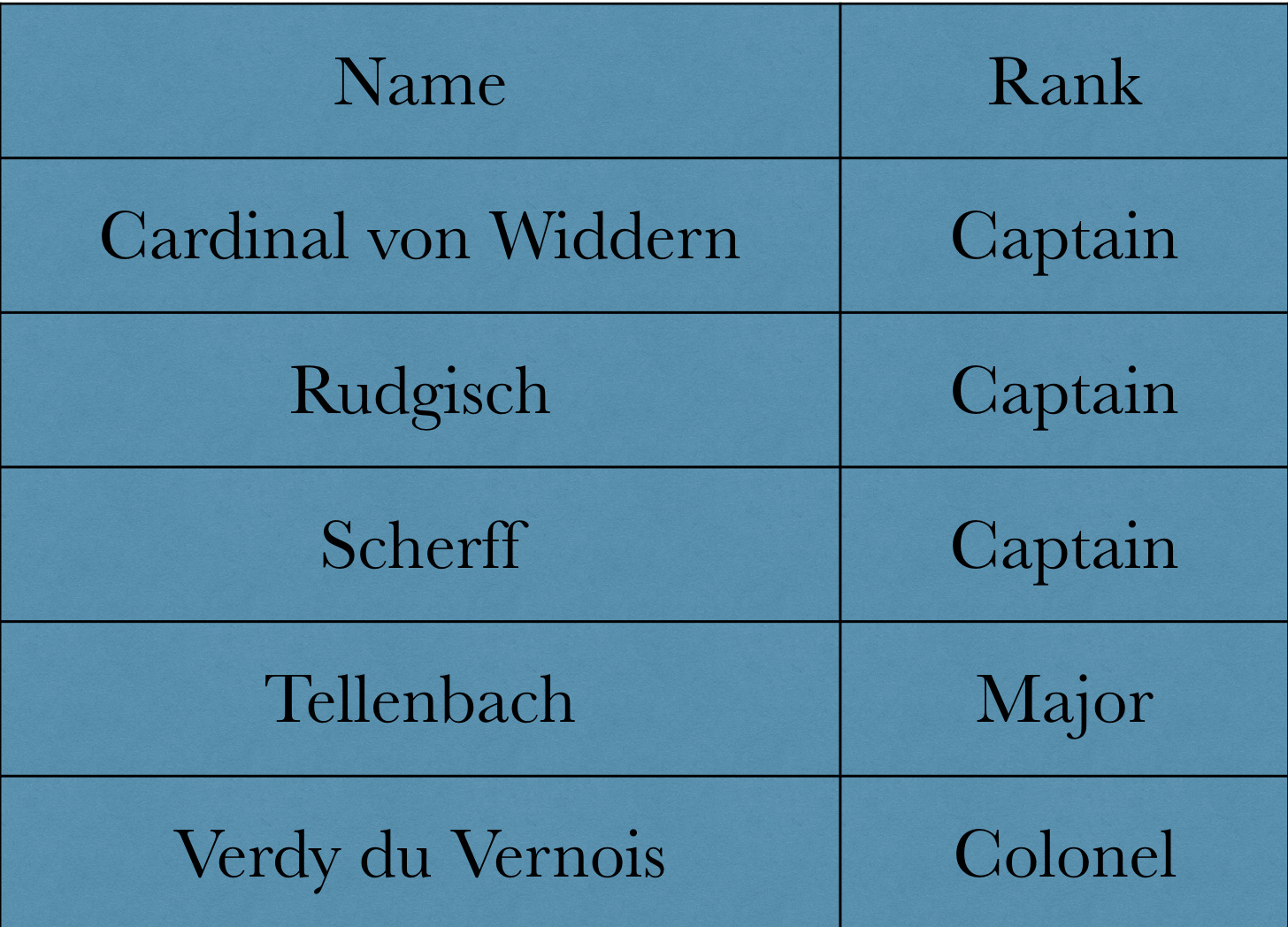
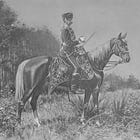
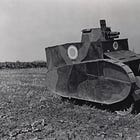
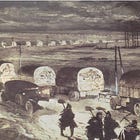
"Reads like the transcript of a TED Talk." Scathing! :) I'm going to be raiding that hoard as soon as I'm able - thanks again for sharing, Bruce.
THIS needs a translation.
Intelligence and Morality as the Basis for Modern Unit Training and Modern Truppen-Führung,